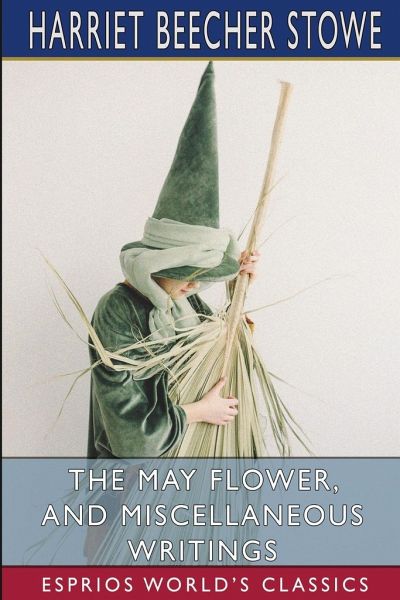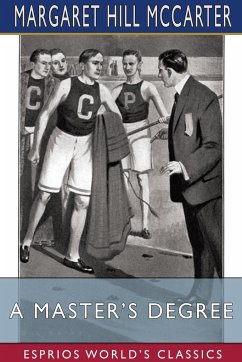Nicht lieferbar

The May Flower, and Miscellaneous Writings (Esprios Classics)
Versandkostenfrei!
Nicht lieferbar
Harriet Beecher Stowe (June 14, 1811 - July 1, 1896) was an American abolitionist and writer. Her novel Uncle Tom's Cabin (1852) showed the lives of African-Americans slaves. It was very popular as a novel and a play, and had a great influence in the United States and Britain, helping people who did not like slavery and making many people disagree with slavery. In 1850, the Stowe family moved to a house near the campus of Bowdoin College in Brunswick, Maine. Calvin Stowe was teaching in the college. On March 9, 1850, Stowe wrote to the editor of the antislavery journal National Era. She told h...
Harriet Beecher Stowe (June 14, 1811 - July 1, 1896) was an American abolitionist and writer. Her novel Uncle Tom's Cabin (1852) showed the lives of African-Americans slaves. It was very popular as a novel and a play, and had a great influence in the United States and Britain, helping people who did not like slavery and making many people disagree with slavery. In 1850, the Stowe family moved to a house near the campus of Bowdoin College in Brunswick, Maine. Calvin Stowe was teaching in the college. On March 9, 1850, Stowe wrote to the editor of the antislavery journal National Era. She told him that she was planning to write a story about slavery.










